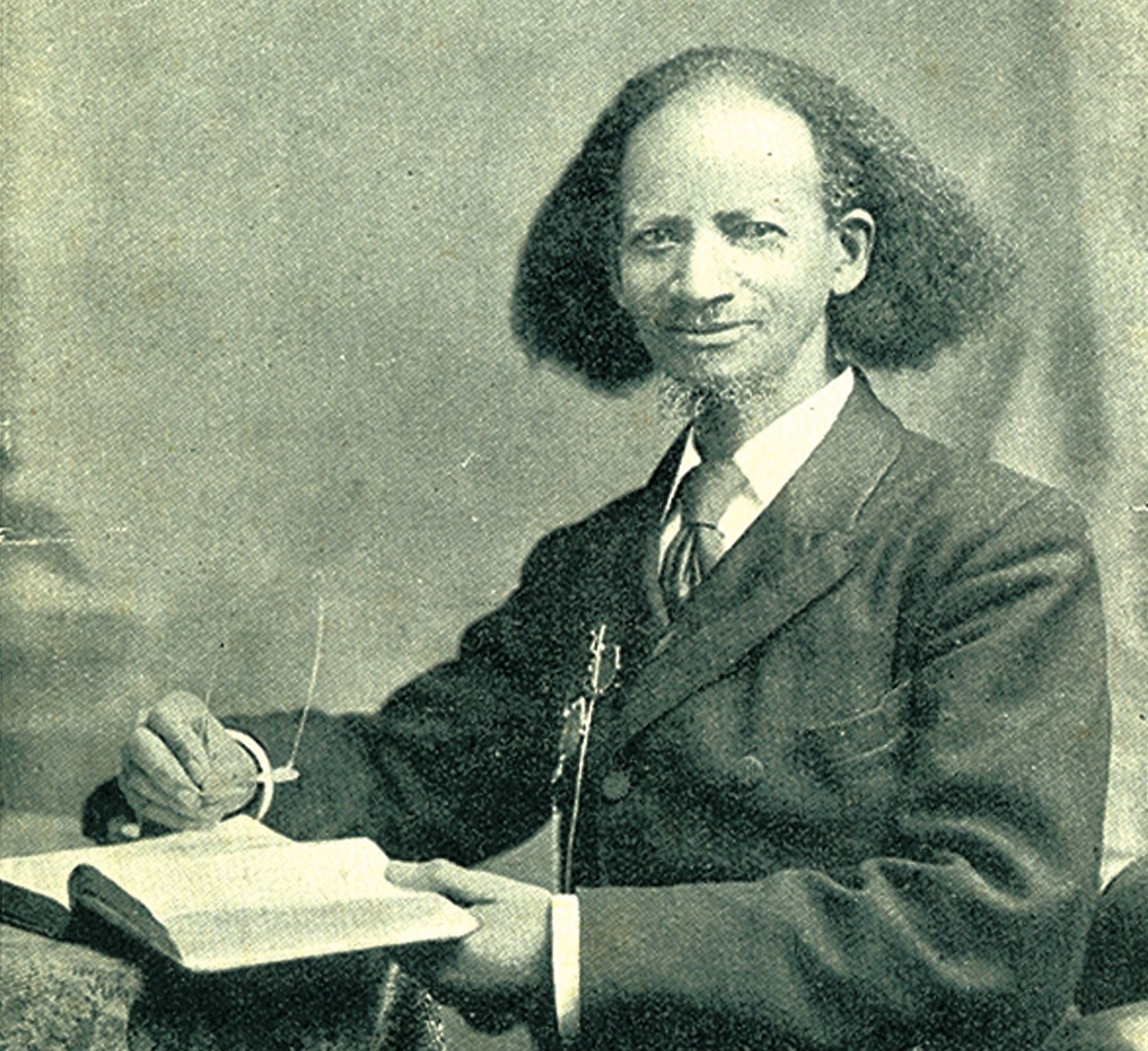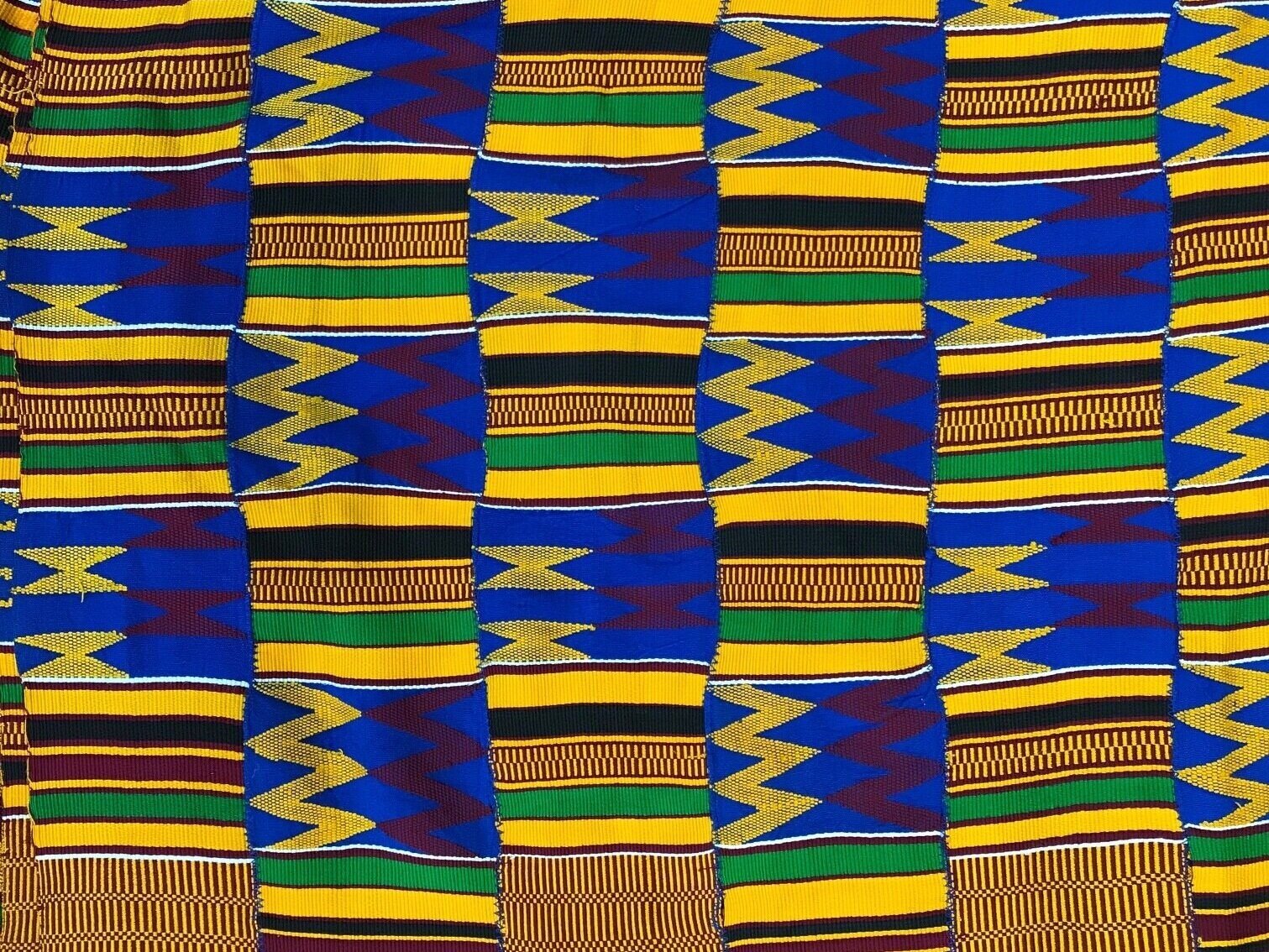
Key Topics in Britain’s Black History
Black history provides us with a wealth of topics, themes and issues to explore. It helps us define our relationships with other countries, our identity as a people and our history as a community.
By exploring such topics as the Kings and Queens of Africa, the Transatlantic Slave Trade, Resistance and Rebellion, the Second World War, Civil Rights and Multicultural Britain we can embed multiple perspectives in our learning and challenge the stereotypes that help perpetuate racism.
Exhibitions & Displays
We have a variety of exhibitions and displays of differing sizes available for schools, community groups, libraries and museums to hire.
Images of Africa
Africa is a continent of over 50 countries. East, West, North, Central and Southern Africa all have their own cultures, languages, landscapes and industries. There are cities, skyscrapers, sports stadiums and solar farms as well as farmers, animals, music and deserts. There is wealth, poverty and inequality just like anywhere else.
Our resource collections aim to reflect the diversity within African countries and are best used together with a wide variety of contemporary images, articles and real-life experience to avoid harmful stereotypes.
Kings and Queens of Africa
Cleopatra? Tutankhamun? These are very famous kings and queens of Egypt but have you heard of the Kingdom of Kush in what is now modern-day Sudan and Kushite Queen Amanirenas who fought the Romans, or Kushite King Piye who became the first pharaoh of the 25th Dynasty? Or Emperor and King Menelik II whose armies defeated Italy in the Battle of Adowa in 1896 and helped prevent Ethiopia from ever being colonised?
Each African county has its own unique heritage to be explored.
The gold kente cloth in our Ghana resource collection is a unique, handwoven cloth associated with the Kings and Queens of the Ashanti, a kingdom from 17th Century Ghana. Gold symbolises wealth and royalty and blue symbolises love.
Transatlantic Slave Trade
The continent of Africa existed before the Transatlantic Slave Trade. There were many great civilisations, such as the Kingdom of Kush, Great Zimbabwe, the Mali Empire and the Kingdom of Benin. They rose and fell, just like the empires of Rome and Greece. There was a movement for the abolition of the slave trade led by many freed enslaved Africans and African Caribbeans. We need to avoid the misleading ‘white saviour’ stereotype: white people, too were ‘enslavers.’ We frame the topic in the context of human rights and the stories of those who were enslaved and campaigned for justice, such as Thomas Lewis Johnson (above) and Robert Wedderburn.
Find out more about the campaigners and visit our Dorset’s Hidden Histories exhibition page.
Slave Owners of the South West
A number of families from Dorset were involved in the Transatlantic Slave Trade. Probably Dorset’s most well known is the Drax family but there were also the Hallets, the Willetts, the Pinneys, the Burridges and the Calcrafts. Sometimes family members lived in the Caribbean on their sugar plantations. Others managed their plantations from home. Others provided finance for slaving expeditions and were not directly involved in the plantations. By showing the local connections to the Transatlantic Slave Trade we can show how much this country’s wealth came from slavery.
This is further explored in our Dorset’s Hidden Histories exhibition and book.
Empire and Colonialism
Georgian, Victorian and Edwardian Britain was quite different from how it is commonly portrayed in the media. Andrew Bogle was just one of the thousands of black people in Britain and Europe during this era, some kept as servants, but many free to live and earn a living just like anyone else.
One of the groups of people we talk about in Dorset’s Hidden Histories is the group of African American artists and performers, such as Belle Davis, who came to Britain and Europe before the First World War. Their stories are part of a history of multicultural Britain that is often left unrecorded, as we tend to focus on post-war migration.
You can find out more about Andrew Bogle and Belle Davis here.
Decolonising the curriculum
There needs to be a process of ‘unromanticising’ the past and re-telling the story from different, hidden and often ignored perspectives. This is part of a wider movement to decolonise the curriculum and organisations such as the Black Curriculum aim to embed Black British history into every child’s learning. DEED strives to tell the story of Black history in Dorset. Please use our wealth of resources to tell their forgotten stories.
“Black history is about telling hidden or forgotten histories of people of African, Caribbean or Asian heritage who have been ignored by historians, dismissed by the education system, and literally ‘whitewashed’ out of history” Louisa Adjoa Parker.
Resistance and Rebellion
Part of the re-telling of the past includes telling the stories of those who fought against empire and colonialism. Colonialism was not a passive process welcomed by all. There were many battles fought and there are many famous rebels including Toussaint L’Ouverture, Sitting Bull and Nanny of the Maroons to name but a few. Dorset had many Abolitionists, including Robert Wedderburn and Thomas Foxwell Buxton. And the process of campaigning and protesting continues to this day as we have seen with Britain’s own Civil Rights movement and the recent Black Lives Matters protests. It’s an important debate about justice, equality and human rights.
Find out more about Robert Wedderburn here and for details of Dorset’s Hidden Histories exhibition click here.
Second World War
Many people from the islands of the Caribbean, the Indian subcontinent and continent of Africa fought and died for Britain and its allies in both wars. Too often their stories are left out of the traditional world war narrative while we concentrate on German racism and nationalism. Lilian Bader, who came to live in Bournemouth in the 1950s, was one of 3 generations in her family who served in the British armed forces and broke through barriers of segregation and separation by both gender and ethnicity. African American GIs who came to Dorset in their thousands in 1944 to practise for the D day landings still fought in segregated units. Their stories, the stories of those who met them, and loved them, and the legacy they left behind of mixed heritage children and their mothers, are stories that must be told. John Stockley and Paul Nash were just two of those ‘brown babies’ left behind when their fathers went to war and should become an integral part of Dorset’s local history.
Find out more about Lillian Bader here and for details of We Were Here exhibition click here.
Civil Rights in the UK and Black Lives Matter
Too often we look at racism and civil rights through an American lens. There is an increasing need to look at prejudice, discrimination and racism in Britain and how we campaign for equality and justice for black communities here. We should remember activists such as Claudia Jones who founded the Notting Hill Carnival after the Notting Hill Riots in 1958, Paul Stephenson and the Bristol Bus Boycott in 1963, and the trial of the Mangrove 9 in 1971. Black Lives Matter continues to campaign for criminal justice, education reform and an end to health inequalities. DEED’s dedicated newsletter provides ideas and resources for studying racial injustice and inequality.
Listen to Louise, our Programme Coordinator and Diversity Educator talking about what we can do about injustice here.
Download a copy of our Diversity Awareness Training and Resources Newsletter here.
Multicultural Britain
Victorian Britain might have been built on the profit of empire but modern Britain is also built on the contribution of the people who came here from all around the world to help rebuild the country after two world wars. Those who were already in Britain before the world wars settled, had families here and Britain became their home. Many others were asked to come, like those from the Caribbean who arrived on the MV Empire Windrush in 1948, many to work in the NHS, or from Europe to work in agriculture, hospitality and care, or have been here for hundreds of years and move around the country working and living where they can, like our local Gypsy and Traveller communities. DEED’s multicultural Britain timeline tells the story of 2000 years of migration in and out of this country and its exhibitions tell the stories of many extraordinary migrants who have earned our understanding and respect.
Find out more about DEED’s Multicultural Britain Training here and for details of our ‘World of East Dorset’ and ‘We Have a Voice, Too!’ exhibitions click here.
Identity, Diversity, Belonging and Rural Racism
Being black or brown in Dorset and the South West can have its own challenges as communities are often dispersed and isolated. Rural diversity has its own unique features and relationship with the landscape, as does rural racism. DEED works to discover and share stories of ethnically diverse people living in Dorset and share their experiences and achievements with others. Some of those stories have been gathered by Louisa Adjoa Parker a local writer, poet and researcher louisaadjoaparker.com and Dr Anjana Khatwa, local earth scientist, engagement specialist and TV presenter, who shares her story and her work at anjanakhatwa.com For support, advice and information about discrimination and racism contact Dorset Race Equality Council at dorsetrec.org.uk.
Black History Month all year round
Black History Month happens every year in October but why not celebrate Black History Month all year round?
There are great black British role models that link to all aspects of the curriculum – scientists, artists, inventors, activists, medics, writers, to name but a few.
In our Multicultural Britain workshops, we talk about Mary Seacole and Noor Inayat Khan but there is no limit to the talent and determination of those who make a difference to the lives of people around them every day.
Find out more about DEED’s Multicultural Britain Workshops here.












